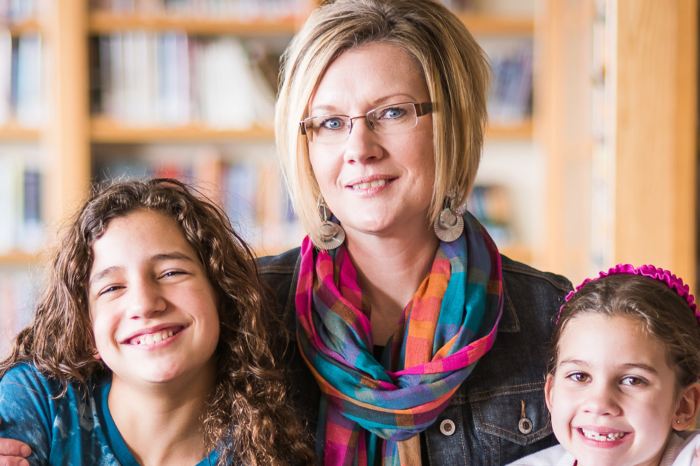Pioneer Institute Files Amicus Brief Urging Supreme Court to Hear School Choice Case
Claims amendment to Montana Constitution motivated by anti-Catholic bias
Contact Micaela Dawson, 617-723-2277 ext. 203 or mdawson@pioneerinstitute.org
BOSTON – Pioneer Institute today announced that it has submitted an amicus curiae urging the United States Supreme Court to hear Espinoza v. Montana Department of Revenue, which challenges a state constitutional amendment marked by religious bias.
The amendment in question is a so-called Blaine amendment. It prohibits public resources from flowing to individuals to send their children to religiously affiliated schools, preventing Catholics and immigrants from receiving the kind of education that would enable them to become successful.
In the Espinoza case, Kendra Espinoza, a suddenly-single mom, sought a better education for her daughters. In public school, one daughter was bullied and the other struggled in her classes. Both children would later thrive in the parochial school of her choice.
Ms. Espinoza’s decision to send her daughters to Stillwater Christian School was not easy and caused her family financial difficulties. Her access to a badly needed scholarship was denied after the Montana Supreme Court struck down a legislatively established education tax credit program. The basis for the court’s decision was the state’s 130-year-old Blaine amendment.
While the money for the scholarships the Espinoza family accessed came from private sources, the Montana Innovative Education Program Credit provided the donors with tax credits for their contributions. According to the Montana Supreme Court, the Blaine amendment prevented Ms. Espinoza’s children from gaining access to the scholarships.
“Acts motivated by religious animus violate the first and 14th amendments to the U.S. Constitution,” said Cornelius Chapman, an attorney and the author of “The Know-Nothing Amendments: Barriers to School Choice in Massachusetts.” “Even if they appear neutral on their face, they are impermissible if designed to persecute or oppress a religion or its practices.”
Legislative history and press coverage of efforts to enact a national Blaine amendment in the 1870s show that Catholicism was clearly the target of amendment proponents.
Sadly, anti-Catholic bias still animated a majority of Congress in 1889, when the enabling act authorizing Montana to form a state constitution required that it include a Blaine provision. The clause forced on Montana by an anti-Catholic Congress exists to this day in substantially unaltered form.
“Kendra Espinoza, like so many other parents, sought the education that best suits the needs of her children,” said Pioneer’s Executive Director Jim Stergios. “It is hard to believe that an amendment steeped in anti-Catholic bias still stands in her way 130 years after its passage.”
Massachusetts was the first of 38 states to adopt Blaine amendments. Two amendments to the Massachusetts Constitution are the work of the virulently anti-Catholic Know-Nothing Party, which came to power in the state elections of 1854, after a wave of Catholic immigrants arrived in the Commonwealth during the Irish Potato Famine.
The Pioneer brief was filed April 12, 2019. It was drafted by a team led by Michael Gilleran of Fisher Broyles and Professor Dwight Duncan of the University of Massachusetts School of Law. They were assisted by Harvard Law School students Annika Boone, Benjamin Fleshman, Anastasia Frane, James McGlone and Grant Newman.
The Court is expected to announce whether it will hear the case by early summer.
In 2018, Pioneer produced a 30-minute documentary, “Big Sacrifices, Big Dreams: Ending America’s Bigoted Education Laws,” that chronicles the struggles of four families in Massachusetts, Michigan, and Georgia, all states with Blaine amendments, to send their children to parochial schools. View the film here.
Pioneer Institute is an independent, non-partisan, privately funded research organization that seeks to improve the quality of life in Massachusetts through civic discourse and intellectually rigorous, data-driven public policy solutions based on free market principles, individual liberty and responsibility, and the ideal of effective, limited and accountable government.
Get Updates on Our School Choice Research
Related Posts





















